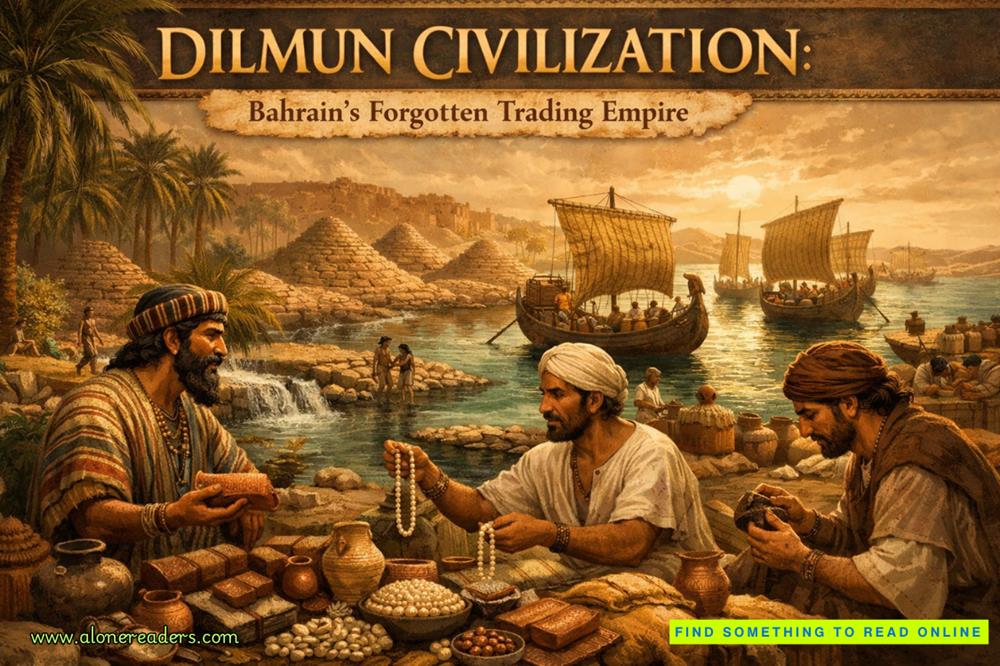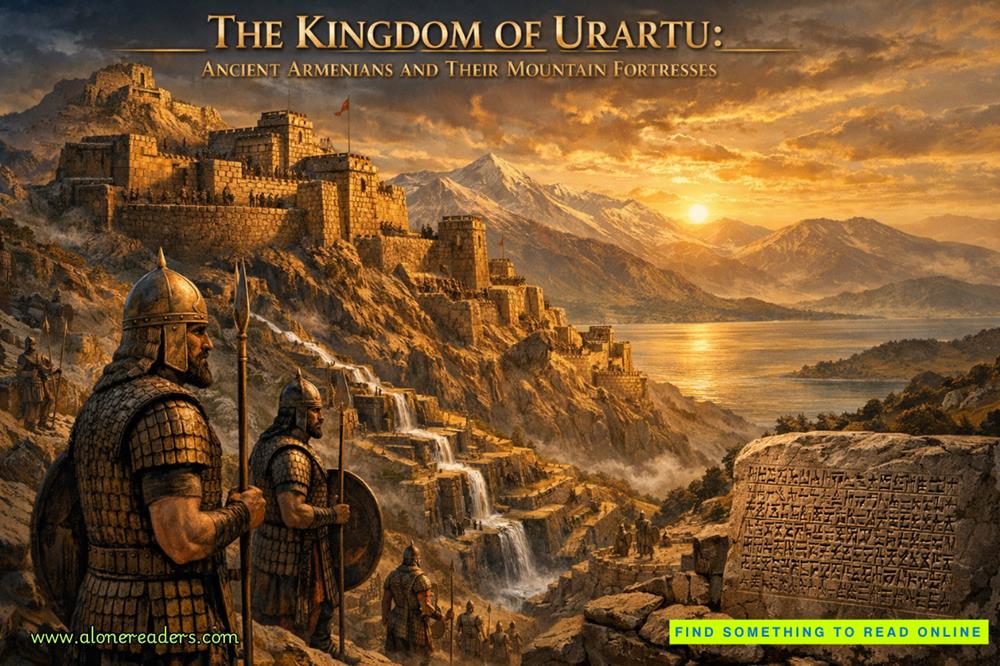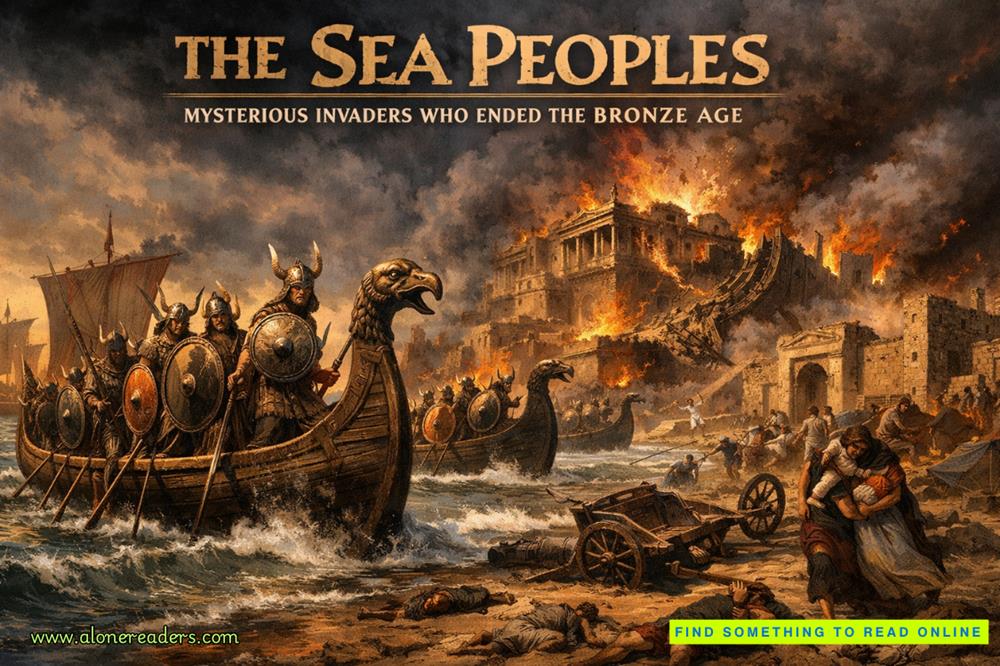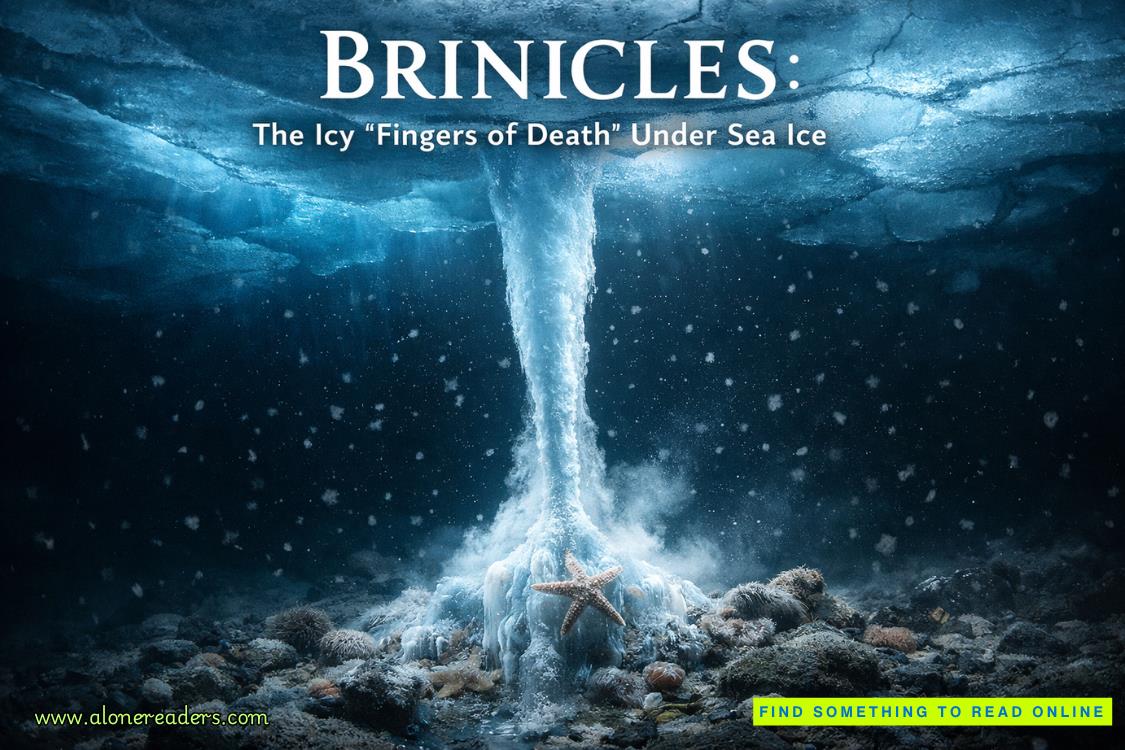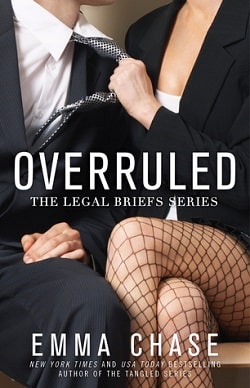“No, Father. The archdeacon wouldn’t hire me, and the bishop wasn’t there.”
“Indeed he wasn’t—he was in heaven, though we didn’t know it at the time.”
“The bishop is dead?”
“Yes.”
“That’s old news,” Cuthbert butted in impatiently. “Tom and his family have just come from Earlscastle. Earl Bartholomew has been captured and his castle overrun!”
Philip was very still. “Already!” he murmured.
“Already?” Cuthbert repeated. “Why do you say ‘already’?” He seemed fond of Philip but wary of him, like a father whose son has been away to war and has come home with a sword in his belt and a slightly dangerous look in his eye. “Did you know this was going to happen?”
Philip was slightly flustered. “No, not exactly,” he said uncertainly. “I had heard a rumor that Earl Bartholomew was opposed to King Stephen.” He recovered his composure. “We can all be thankful for this,” he announced. “Stephen has promised to protect the Church, whereas Maud might have oppressed us as much as her late father did. Yes, indeed. This is good news.” He looked as pleased as if he had done it himself.
Tom did not want to talk about Earl Bartholomew. “It isn’t good news for me,” he said. “The earl had hired me, the day before, to strengthen the castle’s defenses. I didn’t even get a single day’s pay.”
“What a shame,” said Philip. “Who was it that attacked the castle?”
“Lord Percy Hamleigh.”
“Ah.” Philip nodded, and once again Tom felt his news was only confirming Philip’s expectations.
“You’re making some improvements here, then,” Tom said, trying to bring the subject around to his own interest.
“I’m trying,” Philip said.
“You’ll want to rebuild the tower, I’m sure.”
“Rebuild the tower, repair the roof, pave the floor—yes, I want to do all of that. And you want the job, of course,” he added, apparently having just realized why Tom was here. “I wasn’t thinking. I wish I could hire you. But I couldn’t pay you, I’m afraid. This monastery is penniless.”
Tom felt as if he had been struck by a fist. He had been confident of getting work here—everything had pointed to it. He could hardly believe his ears. He stared at Philip. It really was not credible that the priory had no money. The cellarer had said it was monks doing all the extra work, but even so, a monastery could always borrow money from the Jews. Tom felt as if this were the end of the road for him. Whatever it was that had kept him going all winter now seemed to drain out of him, and he felt weak and spineless. I can’t go on, he thought; I’m finished.
Philip saw his distress. “I can offer you supper, and a place to sleep, and some breakfast in the morning,” he said.
Tom felt bitterly angry. “I’ll accept it,” he said, “but I’d rather earn it.”
Philip raised his eyebrows at the note of anger, but he spoke mildly. “Ask God—that’s not begging, it’s prayer.” Then he went out.
The others looked a little scared, and Tom realized that his anger must be showing. Their staring at him annoyed him. He went out of the storeroom a few steps behind Philip, and stood in the courtyard, looking at the big old church, trying to control his feelings.
After a moment Ellen and the children followed him out. Ellen put her arm around his waist in a comforting gesture, which made the novices whisper and nudge one another. Tom ignored them. “I’ll pray,” he said sourly. “I’ll pray for a thunderbolt to strike the church and level it to the ground.”
In the last two days Jack had learned to fear the future.
During his short life he had never had to think farther ahead than tomorrow; but if he had, he would have known what to expect. One day was much like another in the forest, and the seasons changed slowly. Now he did not know, from day to day, where he would be, what he would do or whether he would eat.
The worst part of it was feeling hungry. Jack had been secretly eating grass and leaves, to try to ease the pangs, but they gave him a different kind of stomachache and made him feel peculiar. Martha often cried because she was so hungry. Jack and Martha always walked together. She looked up to him, and nobody had ever done that before. Being helpless to relieve her suffering was worse than his own hunger.
If they had still been living in the cave he would have known where to go to kill ducks, or find nuts, or steal eggs; but in towns and villages, and on the unfamiliar roads between them, he was at a loss. All he knew was that Tom had to find work.
They spent the afternoon in the guesthouse. It was a simple one-room building with a dirt floor and a fireplace in the middle, exactly like the houses peasants lived in, but Jack, who had always lived in a cave, thought it was marvelous. He was curious about how the house was made, and Tom told him. Two young trees had been chopped down, trimmed, and leaned against one another at an angle; then two more had been placed in the same way at four yards distance; and the two triangles thus formed were linked, at their tops, by a ridgepole. Parallel with the ridgepole, light slats were fixed, joining the trees, forming a sloping roof that reached to the ground. Rectangular frames of woven reeds, called hurdles, were laid over the slats, and made waterproof with mud. The gable ends were made of stakes driven into the ground, the chinks between them filled with mud. There was a door in one gable end. There were no windows.
Jack’s mother spread fresh straw on the floor and Jack lit a fire with the flint he always carried. When the others were out of earshot he asked Mother why the prior would not hire Tom, when there was obviously work to be done. “It seems he would rather save his money, so long as the church is still usable,” she said. “If the whole church had fallen down, they would be forced to rebuild it, but as it’s just the tower, they can live with the damage.”
When the daylight began to soften into dusk, a kitchen hand came to the guesthouse with a cauldron of pottage and a loaf as long as a man is tall, all just for them. The pottage was made with vegetables and herbs and meat bones, and its surface glistened with fat. The loaf was horsebread, made with all kinds of grain, rye and barley and oats, plus dried peas and beans; it was the cheapest bread, Alfred said, but to Jack, who had never eaten bread until a few days ago, it was delicious. Jack ate until his belly ached. Alfred ate until there was nothing left.
As they sat by the fire trying to digest their feast, Jack said to Alfred: “Why did the tower fall down, anyway?”





